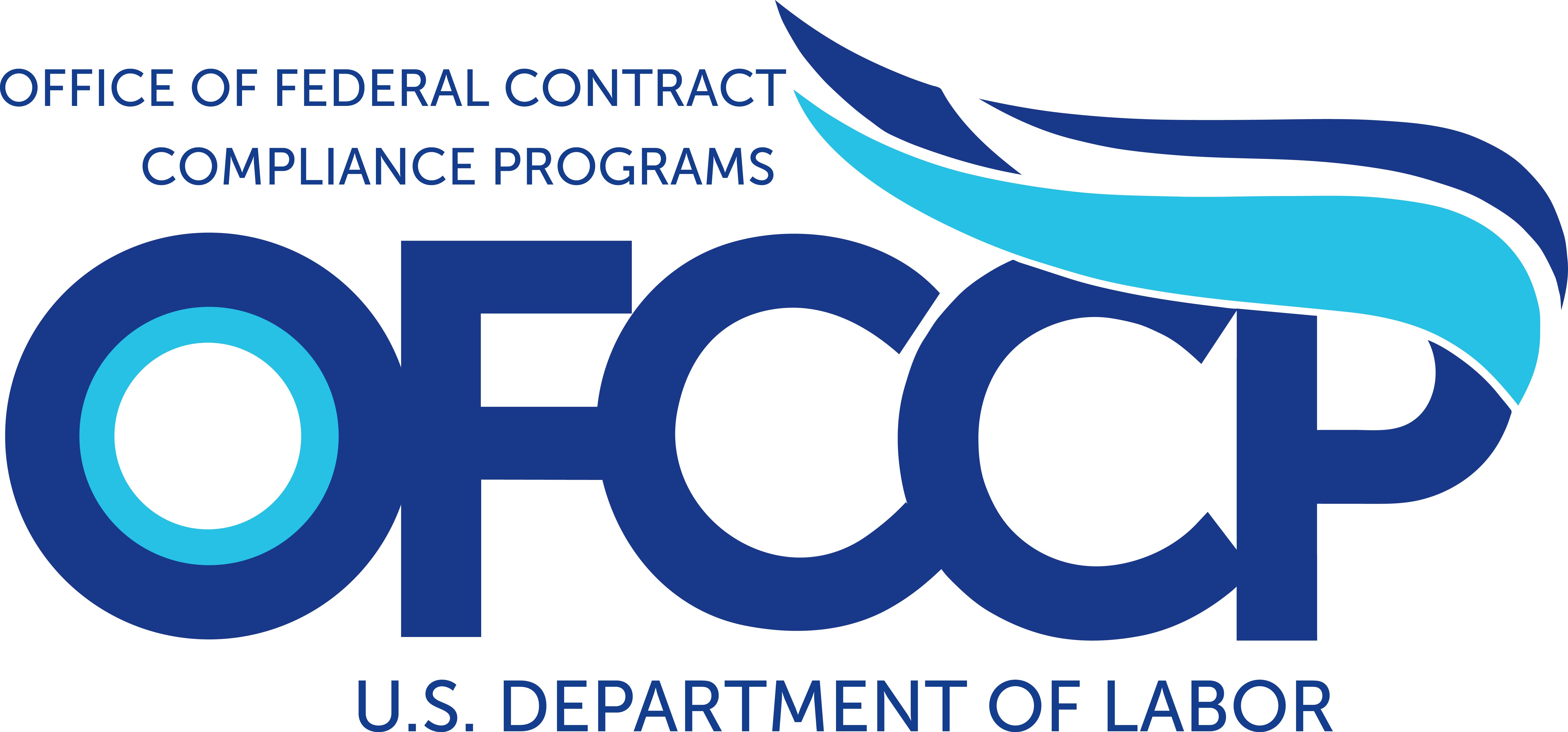Free snacks at work? Yes, that was my thought as well. When I started at Pinnacle, I was amazed. We had free snacks at work–food and drinks for our employees to enjoy anytime they wished. At previous companies it was unheard of, and at first I was hesitant to use any of it. Then my thirst got the better of me and I\’ve been best friends with the refrigerator ever since.
Recently I was talking to someone about the costs of our office goodies. Not only do we have the snacks and drinks, but we also have Free Breakfast Thursdays, where our superstar admin brings in breakfast for everyone. Sometimes it\’s Donut Palace (a local treat!), sometimes it\’s Atlanta Bread, and other times it\’s Chick-Fil-A; however, it\’s always welcome!
Over the course of a year (or longer), that cost can add up. In larger companies, someone would probably come along, see what we were spending, and put a stop to it in the interest of cutting expenses. But that\’s where things get hairy.
A genius once told me, “If you are going to provide a benefit to your employees, plan to do it forever.†She was right as far as I can tell. If you ever decided to cut off something that was a crowd favorite, you risk upsetting your workforce. Sure, it seems like a small factor, but we can be irrational creatures when it comes to benefits and perks we feel entitled to.
I think it\’s a great idea if the question ever does come up about whether we should cut those special benefits for us to poll our affected employees. I’d love to ask them this question:
Would you rather have $500 more per year in salary or would you rather have free snacks and drinks at work?
I\’m willing to bet that the majority of our people would choose free snacks and drinks, just because it frees us up to work a little later without having to leave for food. We can push through lunch on some fruit or crackers without having to stop working on that urgent proposal to go grab something to eat. And I\’d like to personally vouch for how much I can get done when I\’m pumped up on the caffeine provided by our superstar admin. :-)
Have you ever worked at a place that offered snacks at work? What do you think about the costs of offering or taking away these kinds of perks?



